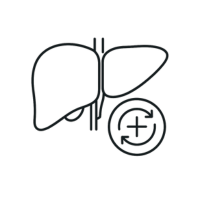
Liver transplant treatment means replacing a damaged or failed liver with a healthy one from a donor. Doctors do this when the liver no longer works and medicine cannot help. This procedure can save lives when done at the right time.
Many patients and families refer to this as "liver transplant treatment" or "liver surgery for liver failure."
The liver is a vital organ. It helps clean the blood, digest food, and fight infections. When it stops working, it causes severe problems. In a liver transplant procedure, the surgeon removes the damaged liver and places a new liver inside the body. The new liver usually comes from a brain-dead donor (deceased donor), but sometimes a healthy living person can donate part of their liver (living donor).
Liver failure in its early stages can often be managed with medication and lifestyle changes. However, when the damage becomes severe, a liver transplant is usually the only effective option for survival.
Many Bangladeshi patients travel abroad for liver transplant treatment because of advanced transplant programmes and experienced teams.
People need liver transplant treatment when their liver becomes too damaged to function. This often happens after long-term illness or sudden liver failure. A transplant helps remove the damaged liver and replaces it with a healthy one, allowing the body to work properly again.
The 7 common causes of liver failure that may lead to a transplant are:
Liver failure can happen slowly over time or very quickly. In many cases, people ignore the signs until the liver is badly damaged. Early detection improves the chance of recovery with proper liver transplant treatment. Common Symptoms to watch for are:
These symptoms may also appear in other health conditions. But if they continue for more than a few days, it is important to see a doctor. Blood tests and scans can confirm liver problems and guide next steps.
Doctors may suggest liver transplant treatment in the following cases:
Early detection and fast action can improve recovery and help patients live longer. If you or your loved one has any of these signs, Bangla Health Connect can help you connect with leading liver transplant experts at top hospitals worldwide.
If you have already been diagnosed with liver cancer and want to know more about treatment options before transplant, find detailed guidance in our Liver Cancer Treatment for Bangladeshi patients worldwide page.
.png)
Through Bangla Health Connect, Bangladeshi patients can access world-renowned hospitals that are recognised for excellence in liver transplant care. Many families travel abroad because of the advanced treatment options, strong survival outcomes, and trusted reputation of these centres.
Here’s why Bangladeshi patients choose liver transplant treatment with Bangla Health Connect in hospitals worldwide:
For Bangladeshi patients, Bangla Health Connect builds a trusted bridge to skilled liver transplant specialists, advanced therapies, and affordable global care.
Bangla Health Connect connects patients with world-recognised hospitals that specialise in liver transplant care. These centres are known for expert transplant teams, advanced surgical facilities, and strong support services for international patients.

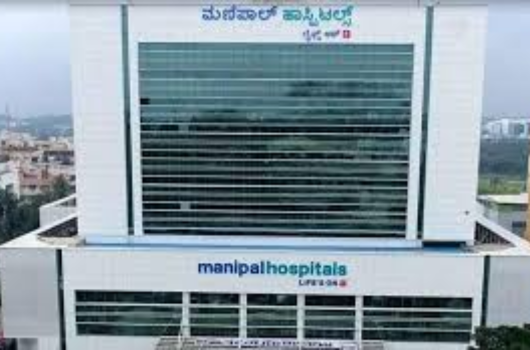
.png)
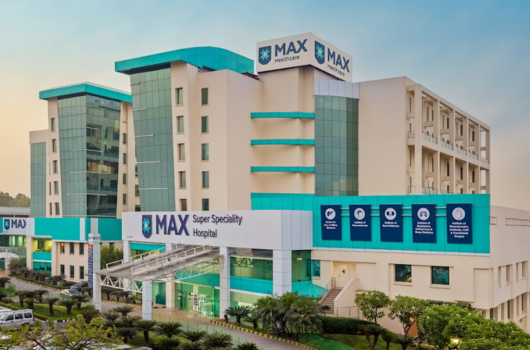
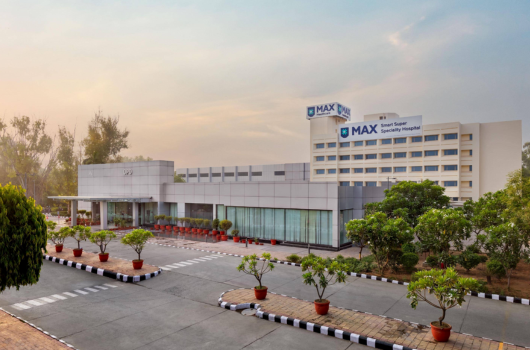

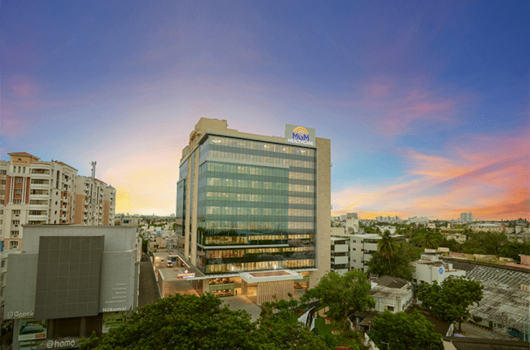




These hospitals follow global transplant treatment guidelines and provide full support for Bangladeshi patients through Bangla Health Connect.
The average cost of liver transplant treatment is usually between $27,000 and $32,000 in India and around $65,000 to $80,000 in Thailand. These figures represent the mid-range estimates rather than the lowest or highest extremes. Actual expenses may still vary depending on the type of transplant, hospital choice, and the patient’s medical condition. Before reviewing the detailed tables of treatment-specific costs, it’s helpful to understand the main factors that influence overall expenses.
Note: India is widely recognised as a cost-effective destination for advanced liver transplant procedures. Hospitals offer a balance of affordability and high clinical success, supported by experienced transplant surgeons and access to advanced medical facilities.
Note: Thailand hospitals often position themselves as premium centres for international patients. The higher charges include advanced imported drugs, luxury facilities, and comprehensive patient service packages.
The costs listed are approximate and may vary based on hospital, location, and patient needs. Consult the healthcare provider for accurate and updated information.
The currency conversion rates in the table above are based on data from October 2025.
For more help on cost estimates and personalised guidance, contact Bangla Health Connect.
The 1-year survival rate after a liver transplant is approximately 85 to 90%, meaning most patients successfully live beyond the critical first year. Around 70% of patients survive for more than five years following the transplant. In comparison, individuals with end-stage liver disease who do not undergo a transplant have less than a 45% chance of surviving for one year. Long-term data also indicate that both graft and patient survival rates are around 50% at 15 years post-transplant.
Success does not only mean survival. It also includes:
Most patients can go back to school or work 3 to 6 months after recovery, depending on the body’s response.
World-class hospitals focus on precise evaluation, personalised care, and coordinated treatment for liver transplant. Their approach usually includes:
By combining advanced technology, expert specialists, and patient-centred care, these hospitals have significantly improved survival rates and quality of life for patients undergoing liver transplants.

Dr. K. Elankumaran, Head of the Liver Diseases & Transplantation Centre at Apollo Hospitals, Greams Road, Chennai, explains that liver transplantation is a well-established, life-saving procedure with success rates exceeding 95% in advanced centres. It is recommended for patients with irreversible liver failure, early-stage liver cancer, chronic alcohol-related damage, long-term Hepatitis B or C, and metabolic conditions like NAFLD linked to diabetes and hypertension. In children, genetic or developmental liver disorders may also be cured through transplant. Dr. Elankumaran highlights that, when done at the right time and in the right setting, liver transplantation offers a new lease of life and full recovery.

Dr. Naveen Polavarapu, Consultant, Transplant Hepatologist at Apollo Hospitals, Hyderabad. He says Jaundice, yellowing of eyes, skin, and urine, is often the first sign of liver trouble. Causes include liver damage, bile duct blockages, or blood cell breakdown. Major liver disease causes are alcohol, hepatitis B/C, and fatty liver. Late-stage symptoms include swelling, fatigue, and bleeding. Prevention involves a healthy diet, exercise, vaccination, and regular checks. Hepatitis C is treatable, and transplants save lives. Early diagnosis is key. Don’t ignore your liver’s silent warnings.
Specialists at leading hospitals worldwide use advanced technology and a team-based approach, giving Bangladeshi patients better chances of recovery - especially when treatment starts early.
Bangla Health Connect connects Bangladeshi patients with hospitals worldwide known for high treatment success rates.
Bangla Health Connect helps Bangladeshi patients access safe and advanced liver transplant treatment worldwide. Our team works with leading hospitals to make every step from doctor consultations to travel and cost planning simple and stress free.
Choosing treatment abroad through Bangla Health Connect means timely care, expert doctors, and full support at every stage.
Reach out to Bangla Health Connect today to begin your treatment journey with peace of mind.
Note: Bangla Health Connect does not provide medical advice of any kind.
Mr. Kabir, a 48-year-old from Bangladesh, was diagnosed with hepatocellular carcinoma (liver cancer) and was treated at Apollo Hospitals Chennai. A liver transplant was performed after careful evaluation, and Mr. Kabir’s post-surgery recovery was smooth. He remains cancer-free and credits Apollo’s expert team for saving his life.
Mr. Alam, a 50-year-old patient from Dhaka, was diagnosed with advanced liver cirrhosis and required an urgent liver transplant. Apollo Chennai’s multidisciplinary team performed the complex surgery successfully. Following the transplant, Mr. Alam made a full recovery and returned to his normal life, showcasing Apollo’s excellent post-operative care.
These stories show that liver transplant treatment in India can give new hope to Bangladeshi patients, especially when time is short and support is critical.
✅ Share Your Reports - Bangla Health Connect connects you with trusted hospitals worldwide.
✅ Get treatment plans from leading Hospitals worldwide
✅ Choose the one that fits you
✅ Let us handle the rest
Yes. Bangladeshi patients need a medical visa. Bangla Health Connect helps you get the doctor’s letter and other required documents for visa approval.
Yes. You can bring 1 to 2 family members. They should apply for a medical attendant visa along with your visa application.
Most patients stay for 6 to 8 weeks. This includes time for pre-surgery tests, the liver transplant procedure, recovery, and follow-up visits. The duration of stay may vary depending on individual health conditions and recovery. Please consult your treating doctor for an accurate estimate.
Yes. Bangla Health Connect helps with appointments, reports, visas, travel, hospital stays, and follow-ups.
Send your reports to Bangla Health Connect. Our team will review them and suggest the best liver transplant hospitals based on your condition and budget.
The surgery is done under full anaesthesia, so you will not feel pain. After surgery, doctors give medicines to manage any discomfort. It is best to speak with the doctor before the procedures to understand the entire process. Pain levels and recovery experiences differ for each patient. Always follow your doctor’s advice regarding pre- and post-surgery care.
The donor must be healthy, aged between 18 and 55 years, and have a compatible blood group with the recipient. They should not have major health issues like diabetes, liver disease, or infections. A thorough medical and psychological evaluation is done to ensure the donor is fit and giving consent voluntarily. Donor eligibility is determined through detailed medical evaluations. Please consult a qualified transplant specialist for individual assessment.
Living donors are usually close blood relatives such as parents, siblings, or children. In some cases, non-blood-related donors like spouses or in-laws may also be considered, but this requires additional approval and thorough evaluation to ensure safety and consent. Donor eligibility and approval depend on medical, ethical, and legal assessments. Please consult your transplant team for confirmation.
Bring your passport, visa, medical records, prescriptions, and current medicines. Bangla Health Connect will send you a full travel checklist.

